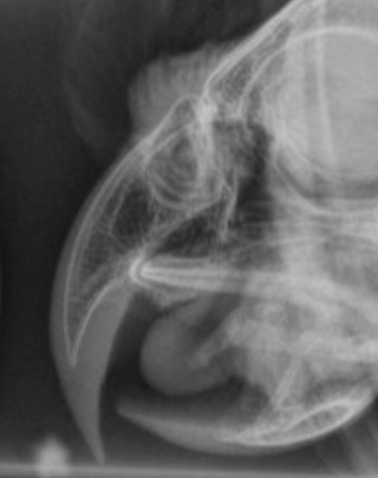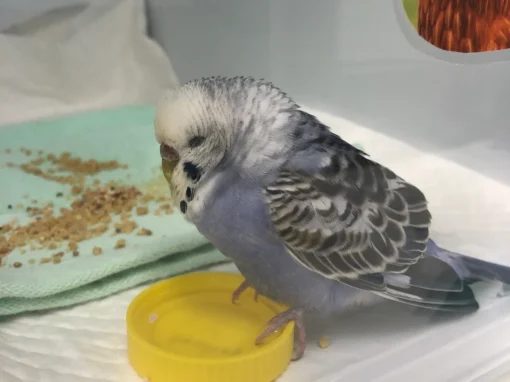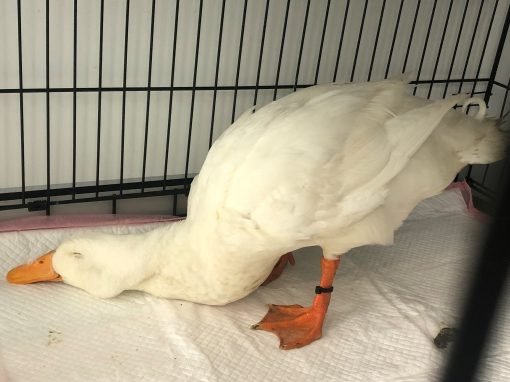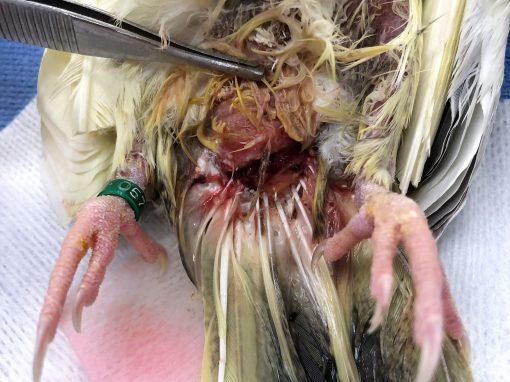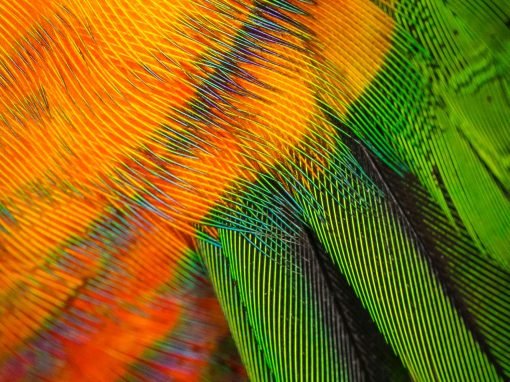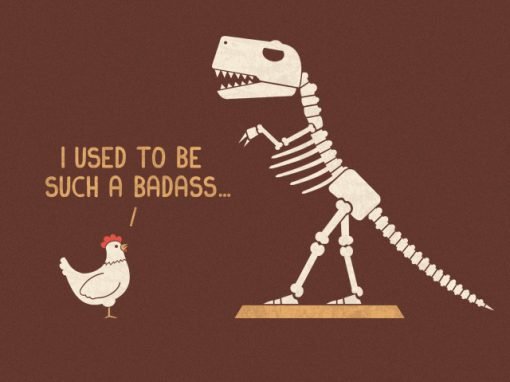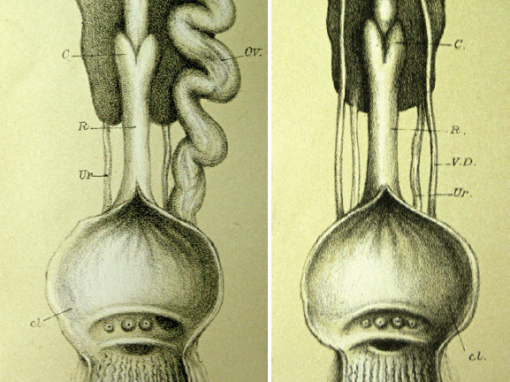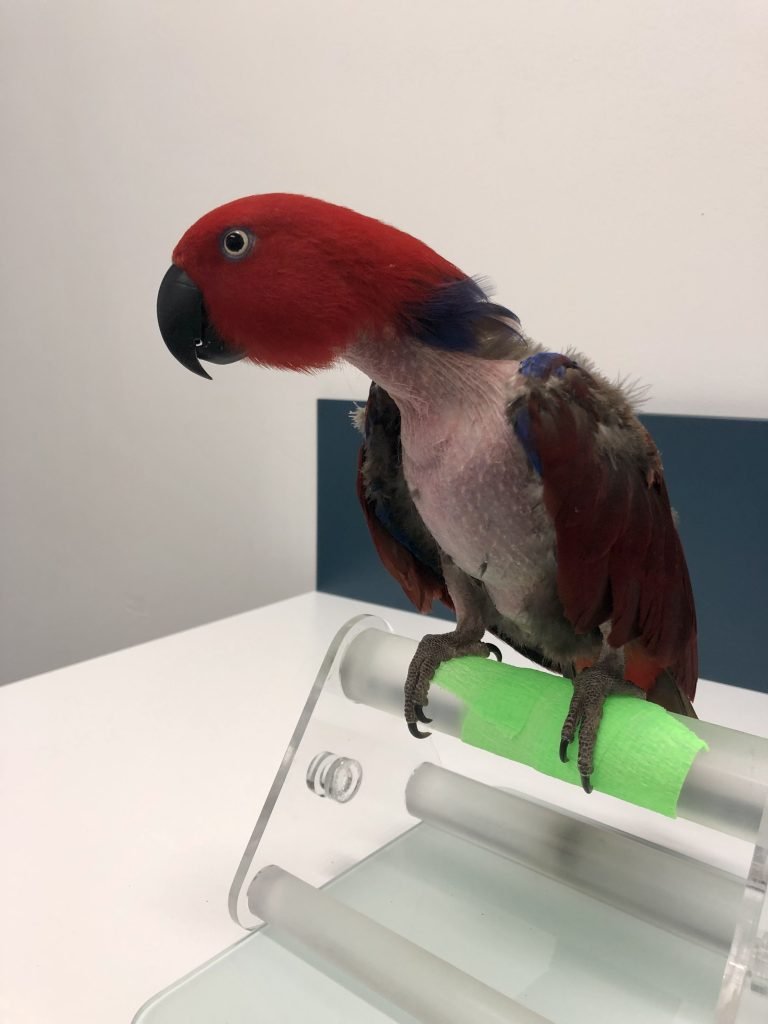
Feather picking must be one of the most frustrating presenting problems that avian vets deal with. And one that is understandably frustrating for bird owners too.
Many causes of feather picking have been proposed, including various medical, social, environmental, genetic, hormonal, psychological and neurobiological causes. Determining the underlying cause requires careful and often challenging investigation, ruling out possible causes and identifying the antecedents of the feather picking behaviour. Oftentimes, the condition is multifactorial. Feather picking is distinct from self-mutilation that results in the bird causing injury to the skin and underlying tissues, including muscles.
In the absence of medical causes or when these have been appropriately managed, providing enrichment and foraging opportunities, and correcting dietary and environmental factors are an important part of treatment. Behaviour modification therapy is essential to provide an opportunity for the bird to have control over its environment, which is particularly important for anxious birds. Pharmacological interventions may also be required, particularly in severely affected birds, and more literature is becoming available on the safety and pharmacokinetic profiles of pharmacologic agents.
E collars are not appropriate for the management of feather picking as these are a form of punishment and prevent normal grooming behaviour. The old justification of using E collars to break the habit of feather picking is no longer valid in view of the current understanding of behavioural science and does not address the cause of feather picking behaviour. E collars should not be used unless significant self-mutilation is present and only after appropriate multi-modal analgesia and anxiolytic/sedative treatment have been provided.
Regular follow-up is crucial to monitor the progress of affected birds and evaluate the response to therapy.
Thank you Dr Yvonne van Zeeland for all your work in feather picking to improve the welfare of our bird patients.

